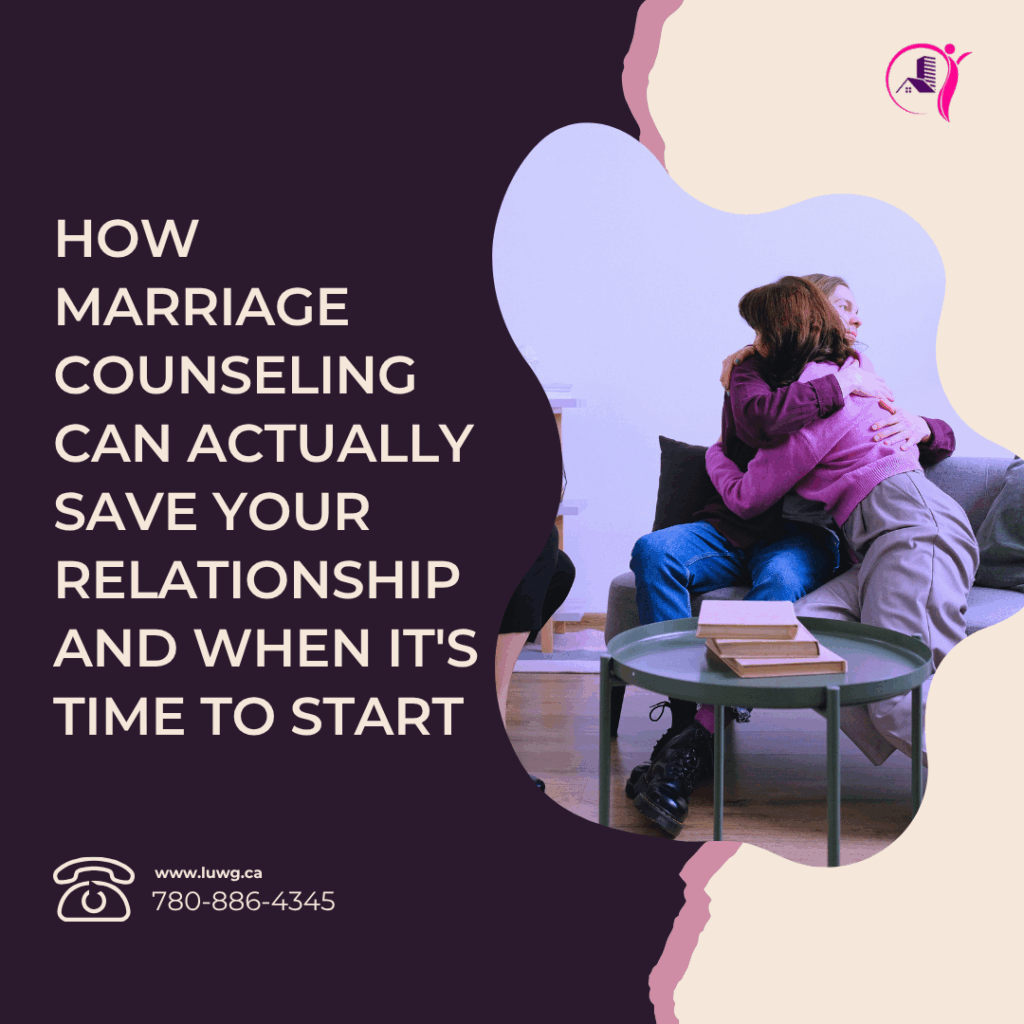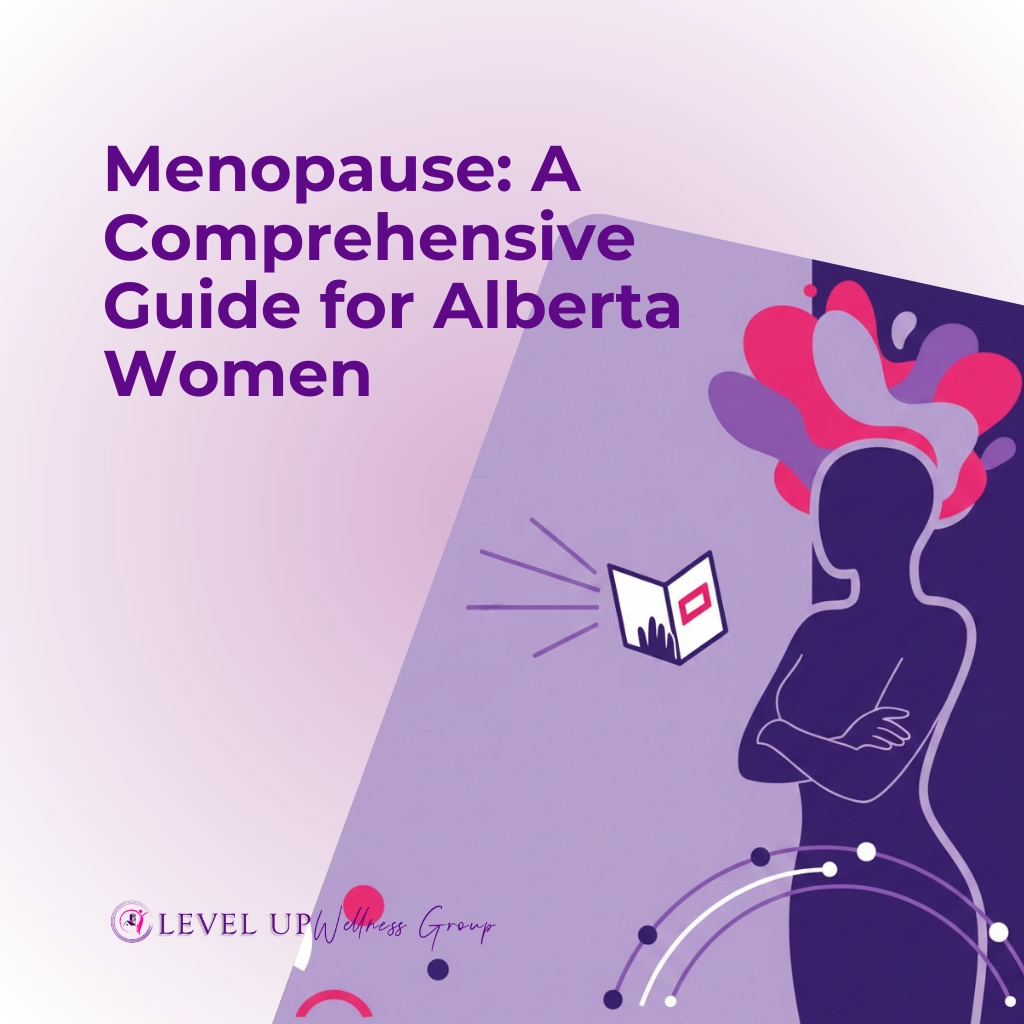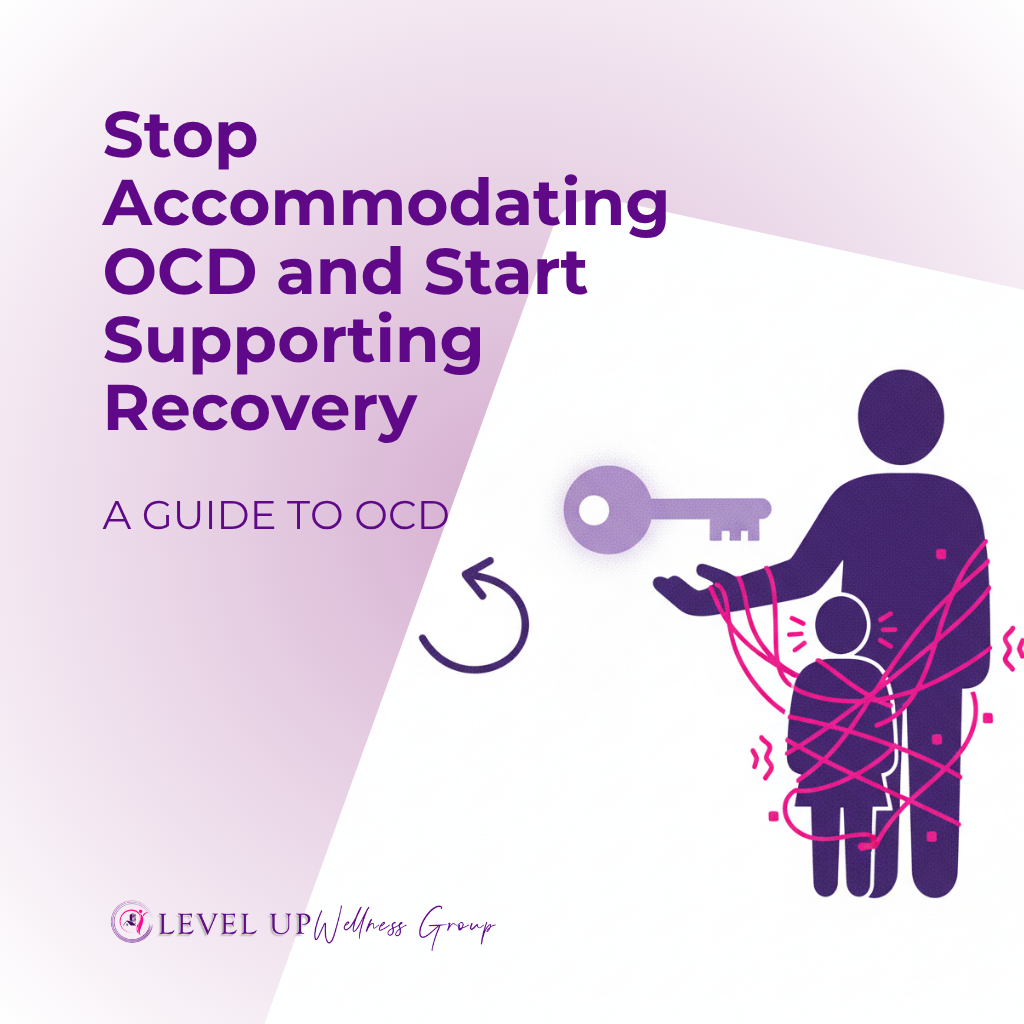
Relationships rarely break down in a single moment. They often weaken gradually through ongoing arguments, silence, distance, or a slow loss of connection. Many couples reach a point where they ask themselves, “Is there a way forward together, or are we at the end?”
Marriage counseling can be a valuable resource at this stage. While it is not a guarantee, counseling may provide couples with tools to rebuild trust, strengthen communication, and reconnect emotionally. In this article, we will explore how marriage counseling may support your relationship and when it might be the right time to start.
Why Couples Struggle In The First Place
Even healthy relationships face challenges. Over time, common stressors can create tension, such as:
- Communication problems where conversations end in defensiveness or misunderstanding
- Ongoing conflict that repeats without resolution
- Loss of intimacy or closeness
- Life transitions such as parenting, financial stress, career changes, or health concerns
- Breaches of trust including infidelity or dishonesty
On their own, these issues may not end a marriage. But when left unresolved, they can create patterns that become difficult to change without support.

What Marriage Counseling Involves
Marriage counseling, also called couples therapy, is a form of psychotherapy that helps partners better understand one another, resolve conflict, and strengthen their relationship.
There are several well-recognized approaches:
- The Gottman Method: Aims to reduce conflict, nurture friendship, and create shared meaning.
- Emotionally Focused Therapy (EFT): Focuses on attachment patterns and strengthening emotional bonds.
- Cognitive Behavioral Therapy (CBT) for Couples: Helps identify unhelpful thought patterns and encourages healthier behaviors.
The role of the therapist is not to take sides but to provide a safe, neutral space where both partners feel heard and supported.
How Marriage Counseling May Support a Relationship

Couples who engage in therapy often find that it provides insight and tools that can help them reconnect. Some of the possible benefits include:
- Improved communication
Learning to listen with empathy and express needs more clearly. - Rebuilding trust
Developing transparency and accountability after a breach of trust. - Interrupting conflict cycles
Recognizing and changing repeated arguments or defensive patterns. - Restoring intimacy
Exploring ways to reconnect emotionally and physically. - Providing neutral ground
Offering a structured environment where discussions can take place safely.
These outcomes vary for each couple. Progress depends on many factors, including commitment and willingness to participate from both partners.
Signs It May Be Time To Start Counseling
Research suggests many couples delay seeking counseling until problems have persisted for several years, which makes repair more difficult. Reaching out earlier can give therapy the best chance to help.
Consider seeking support if:
- Arguments repeat without resolution
- One or both partners are withdrawing emotionally
- You feel more like roommates than partners
- Trust has been broken and you are unsure how to move forward
- Parenting, financial, or health stressors feel overwhelming
- You are questioning the future of your marriage
These signs do not mean a relationship is over. They may signal that professional support could be helpful.

When Counseling May Not Be Appropriate
There are situations where counseling may not be the best option. These include:
- Ongoing domestic violence or abuse, where safety is the primary concern
- One partner refusing to participate
- Untreated addiction without a commitment to recovery
- A complete unwillingness to change
In these cases, individual support and safety planning may be more appropriate.
Setting Realistic Expectations
Marriage counseling is not a guarantee that a relationship will continue. However, it may help couples gain clarity, develop healthier communication, and find new ways of relating.
Two possible outcomes include:
- Strengthening the relationship and building a healthier future together
- Gaining clarity that separation is the most appropriate choice
Both outcomes can provide growth and healing.
How To Take The First Step
There are situations where counseling may not be the best option. These include:
- Ongoing domestic violence or abuse, where safety is the primary concern
- One partner refusing to participate
- Untreated addiction without a commitment to recovery
- A complete unwillingness to change
In these cases, individual support and safety planning may be more appropriate.
Starting therapy may feel intimidating, especially if one partner is unsure. Steps that may help include:
- Framing counseling as an opportunity to strengthen the relationship
- Researching therapists and approaches together
- Beginning with one consultation to see if the therapist is a good fit
- Being patient and recognizing that change takes time
Find Clarity and Connection with Professional Support
Marriage counseling cannot promise to save every marriage. What it can provide is a safe and structured space for couples to explore challenges, develop healthier patterns, and rebuild connection where possible.
At Level Up Wellness Group, our goal is to support couples in this process by offering counseling services that encourage clarity, growth, and healthier communication. If you and your partner are considering whether therapy may be right for you, you can request a consultation with one of our therapists to learn more.





